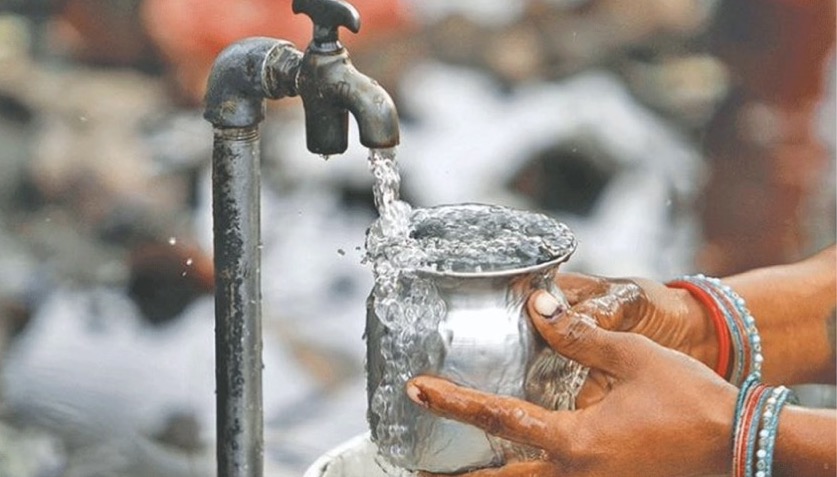 When the summer is peaking around, as an aspiration, The Dakshina Kannada Zilla Panchayat has planned to implement seven multi-village drinking water schemes at an estimated cost of Rs 487 crore. Meanwhile, under the Jal Jeevan Mission, the Zilla panchayat will take up 700 water projects at an estimated cost of Rs 516 crore.
When the summer is peaking around, as an aspiration, The Dakshina Kannada Zilla Panchayat has planned to implement seven multi-village drinking water schemes at an estimated cost of Rs 487 crore. Meanwhile, under the Jal Jeevan Mission, the Zilla panchayat will take up 700 water projects at an estimated cost of Rs 516 crore.
The multi-village drinking water scheme will be implemented in areas where there are permanent water resources. The Zilla panchayat expects to provide drinking water connections to all individual houses by December 2023, said Zilla panchayat CEO Kumar.
“The Jal Jeevan Mission projects will be taken up in three phases. In the first phase, 468 projects will be taken up at an estimated cost of Rs 179 crore. The district has already completed 239 out of 468 projects of the first phase, and 29,000 individual water supply connections will be provided soon. In the second phase, 124 projects will be taken up at an estimated cost of Rs 210 crore. The tender process has been completed, and the work will begin soon. Meanwhile, the third phase will include 108 projects to be taken up at an estimated cost of Rs 127 crore. The detailed project report (DPR) for the third phase is being prepared,” Kumar said.
The tender process for two projects has already begun, and preliminary project reports are being prepared for the remaining projects. “All projects will be completed by December 2023, and every single house in rural areas of Dakshina Kannada district will have drinking water connections,” CEO said regarding the proposed seven multi-village drinking water schemes,
Also, a training workshop for engineers of the Zilla Panchayat, rural drinking water and sanitation department has already been held, to discuss the significance of drinking water schemes. “Every individual has the right to live, and the right to access to potable drinking water. More emphasis needs to be given to the judicious use of water, and the conservation of water resources. Everyone needs to understand the significance of water. It is the responsibility of engineers and officials to implement drinking water schemes effectively,” he added.






Read/Add Comments